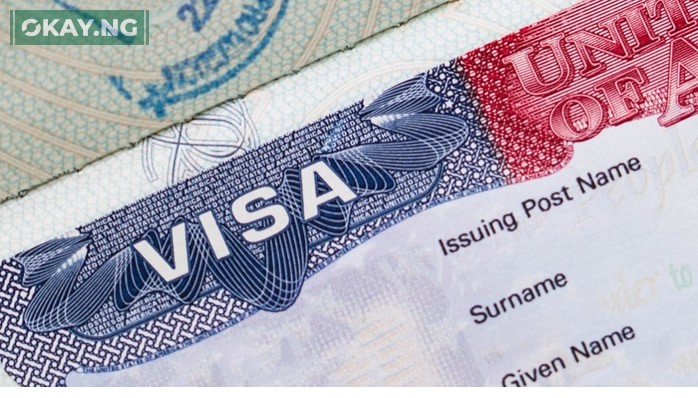The United States government has issued a firm advisory to Nigerian travelers, underscoring the serious repercussions of exceeding their visa validity. The US Mission in Nigeria, in a recent social media post, cautioned that such violations can result in permanent exclusion from future entry into the United States.
The US immigration authorities clarified that consular officers have comprehensive access to individual immigration records, effectively eliminating any possibility of evading consequences for past infractions. They stressed that travelers are solely responsible for complying with visa regulations, and ignorance of these rules will not be accepted as a valid defense.
“Overstaying your US visa can lead to a lifetime ban from traveling to the United States. Consular officers possess complete access to your immigration history and will detect any previous violations. There is no room for ‘honest mistakes’ – it is your duty to adhere to your visa terms,” the US Mission stated via its X platform.
The advisory detailed potential penalties, noting that overstays ranging from 180 days to less than a year could lead to a three-year re-entry ban. Overstays exceeding one year may result in a ten-year ban. Repeat offenders or those with significant violations face the risk of a permanent, lifetime ban.
This warning comes at a time when US immigration policies have tightened, particularly since the return of Trump as US President.
On February 16, 2025, the Nigerian Federal Government expressed deep concern regarding the deportation of Nigerian nationals from the United States, urging Washington to uphold international conventions and ensure a dignified repatriation process.
During a meeting with US Ambassador to Nigeria, Richard Mills Jr., the Minister of State for Foreign Affairs, Ambassador Bianca Odumegwu-Ojukwu, highlighted the profound emotional and financial hardship these deportations impose on affected Nigerians and their families.
Odumegwu-Ojukwu revealed that “approximately 201 Nigerians are currently detained in US immigration centers, with about 85 cleared for deportation,” and advocated for a more humane approach to the repatriation process.
“With the new US administration, we anticipate commitments that any repatriation will be conducted with dignity,” she stated.
She also emphasized the crucial role many Nigerians in the US play in supporting their families through remittances, which are vital for sustenance and education. She argued that deportations, especially for those without violent criminal records, should not be abrupt or traumatic.
“We are seeking assurance that they will be granted adequate time to manage their assets, rather than being summarily deported,” she questioned.













